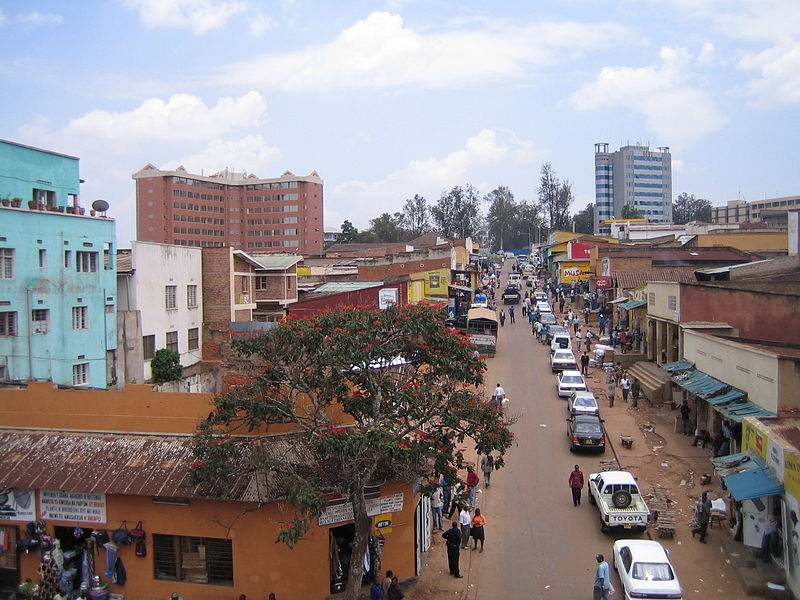
According to parliament's spending watchdog on Friday, the British government's contentious proposal to relocate asylum seekers to Rwanda might incur expenses exceeding £600 million to
deport just 300 refugees.
Initially introduced in 2022, the policy aimed to transfer asylum seekers arriving on England's southern coast via small, inflatable boats to Rwanda. However, ongoing legal disputes have prevented any deportations from taking place thus far.
While the government envisions relocating thousands to the East African nation, the actual capacity remains uncertain. The National Audit Office (NAO) disclosed that in addition to the £220 million already paid to Rwanda, the government committed to an extra £150 million over the next three years. Additionally, £120 million is earmarked once the first 300 asylum seekers are resettled.
Furthermore, the UK government will need to allocate an additional £150,874 per individual resettled to cover expenses incurred by Rwanda, as outlined by the spending watchdog's comprehensive financial assessment of the policy.
Factoring in other expenditures such as flight costs, the total expenditure could surpass £600 million ($760 million).
Although the government has the option to invoke a break clause after three months, any previous payments to Rwanda would remain non-refundable, and the government would still be obligated to honor future payments tied to relocated individuals.
Acknowledging the policy's high-risk and unconventional nature, the government admitted that the final expenditure hinges on the number of individuals deported.
Despite a previous ruling by the UK's Supreme Court deeming the scheme unlawful due to violations of British and international human rights laws, Chancellor Sunak has reaffirmed his commitment to the initiative. To circumvent further legal challenges, the government is fast-tracking legislation in parliament to designate Rwanda as a safe country.
Sunak has heavily invested political capital in the policy, hoping that deportation flights departing prior to an anticipated election later this year will bolster support for his Conservative Party, which lags behind in opinion polls.
While many asylum seekers arriving in Britain via small boats cite fleeing conflicts and persecution in the Middle East, Africa, and South Asia, the British government contends that approximately 90% of those making the journey are economically motivated men rather than genuine refugees. As of this year, 2,255 asylum seekers have arrived in Britain via small boats. Photo by SteveRwanda, Wikimedia commons.


































